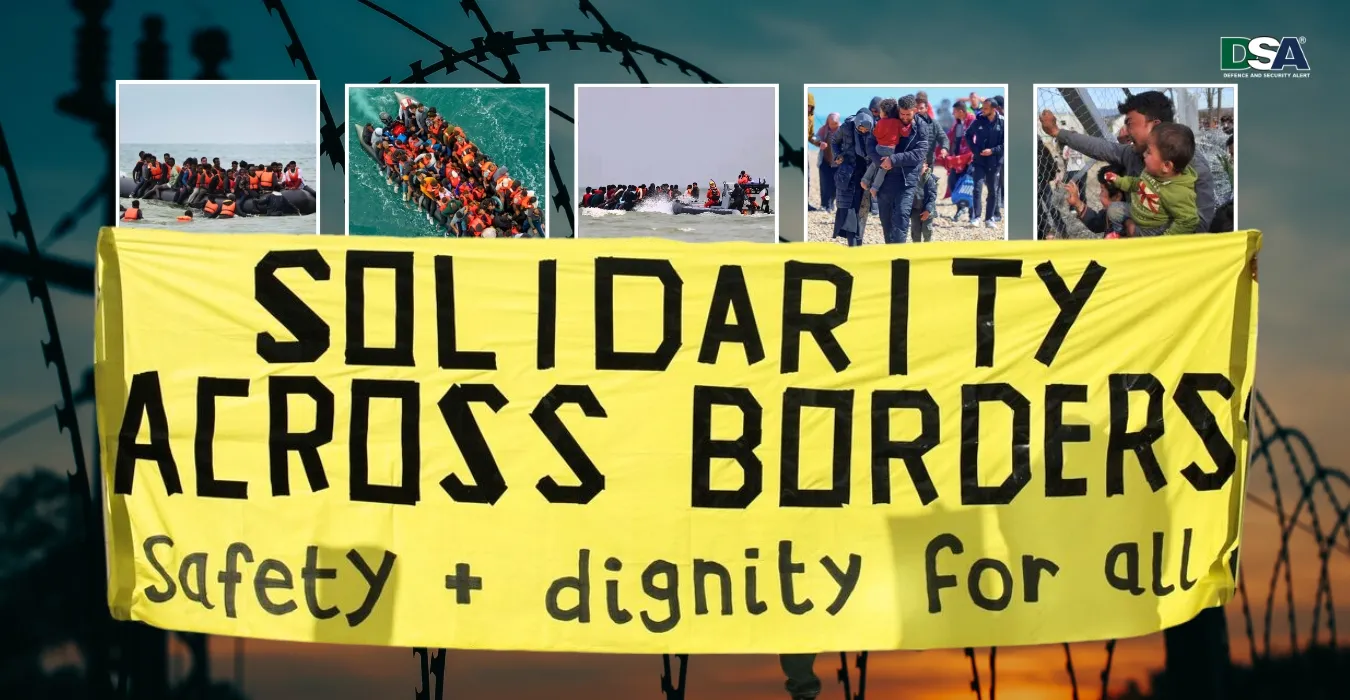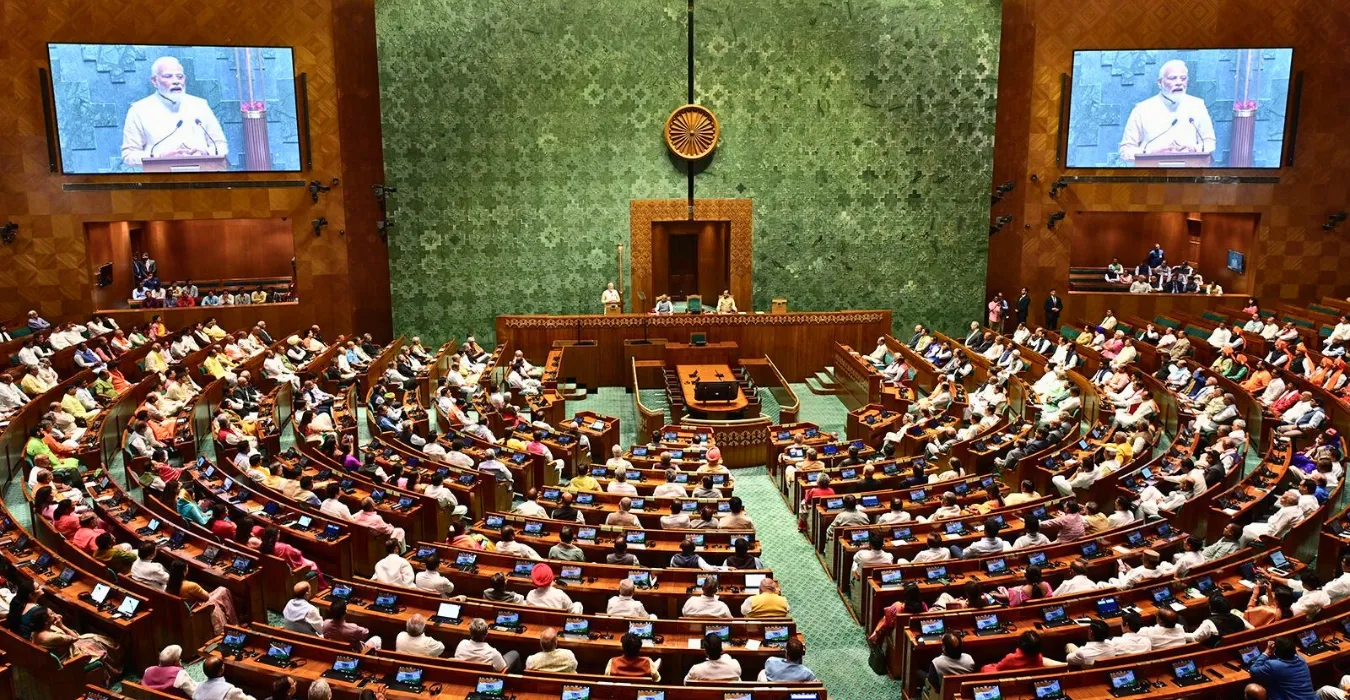DSA Correspondent
UK Commits £100 Million to Strengthen Border Security and Disrupt Smuggling Networks Amid Rising Channel Crossings
In a significant step to address rising irregular migration, the UK government has announced a £100 million package to reinforce border security, dismantle smuggling gangs, and fast-track asylum decisions. The new measures mark a strategic shift in the UK's immigration policy.
A Comprehensive Plan for a Growing Crisis
Amid record numbers of migrants crossing the English Channel in small boats, the UK government has launched its most extensive border enforcement initiative in years. On August 3, Home Secretary Yvette Cooper unveiled a £100 million security package designed to address the growing challenge of illegal migration and the organised criminal networks behind it.
This announcement comes at a time when public concern over border control and migration policy is intensifying. More than 25,000 people have crossed the Channel so far in 2025, the highest recorded at this point in any year. Many are fleeing conflict, persecution, or poverty, but are falling prey to dangerous smuggling routes and unscrupulous traffickers.
What Does the Plan Include?
The multi-faceted strategy focuses on enhancing enforcement, accelerating asylum processing, and building international cooperation.
1. More Boots on the Ground
Up to 300 new National Crime Agency (NCA) officers will be recruited to investigate and dismantle smuggling networks operating across borders. These officers will be embedded in regional and international intelligence operations, targeting the core of human trafficking supply chains.
2. Technology-Driven Border Control
Advanced tools, such as AI-powered surveillance systems, drone monitoring, and enhanced maritime patrols, will be deployed to detect and intercept small boats and prevent life-threatening journeys before they begin.
3. Fast-Tracking the Asylum System
With over 50,000 asylum cases currently pending, the new plan aims to cut processing times through a fast-track appeals process, reduce delays, and bring clarity to both applicants and authorities. This is meant to restore confidence in a system currently plagued by backlogs and inefficiency.
4. UK–France "One In, One Out" Pilot Agreement
Perhaps the most diplomatically significant move is a pilot agreement between the UK and France, which allows the weekly return of up to 50 individuals who entered the UK illegally via small boats. In exchange, the UK will admit an equal number of asylum seekers through legal, safe routes. This aims to disincentivise irregular migration and reduce the influence of smuggling operations.
Legal Tools to Combat Online Exploitation
In parallel, the government is pushing forward with new legislation through the Border Security, Asylum and Immigration Bill, which will criminalise the promotion of illegal migration online. That includes the advertising of fake documents, boat crossings, and smuggling “services” on social media platforms, a growing tactic used by traffickers.
Those found guilty could face hefty prison sentences, marking a strong message to digital facilitators of illegal migration.
Political and Public Reactions
The move has drawn mixed reactions. Labour leaders have framed it as a responsible and urgent response to a humanitarian and security crisis, while critics argue that more systemic reforms are needed, particularly around legal pathways, detention conditions, and long-term integration.
Some opposition figures and policy analysts have cautioned that without broader engagement with EU partners and addressing root causes in countries of origin, enforcement alone won’t be enough to stem the flow.
Nonetheless, the strategy marks a clear shift from earlier approaches, such as the controversial Rwanda deportation plan, toward smarter enforcement, technology use, and bilateral diplomacy.
Why This Matters
This isn’t just a policy update, it reflects the UK’s evolving response to one of the most complex migration crises in modern times. With criminal gangs becoming more sophisticated, the intersection of border security, human rights, and technology is increasingly under global scrutiny.
As the UK takes this new path, success will likely be judged not just by the number of crossings prevented, but by how well the system balances security, humanity, and international cooperation.

-min.webp)
-min.webp)


.webp)





 9958382999
9958382999
